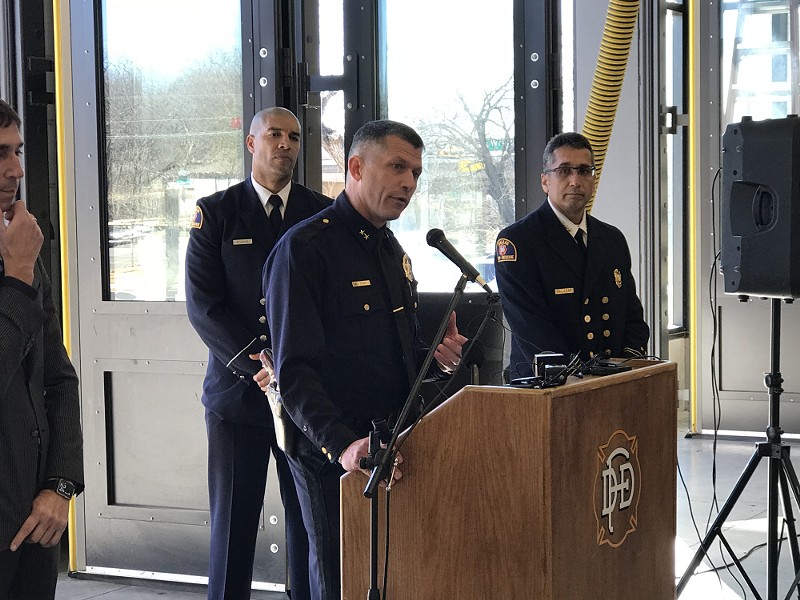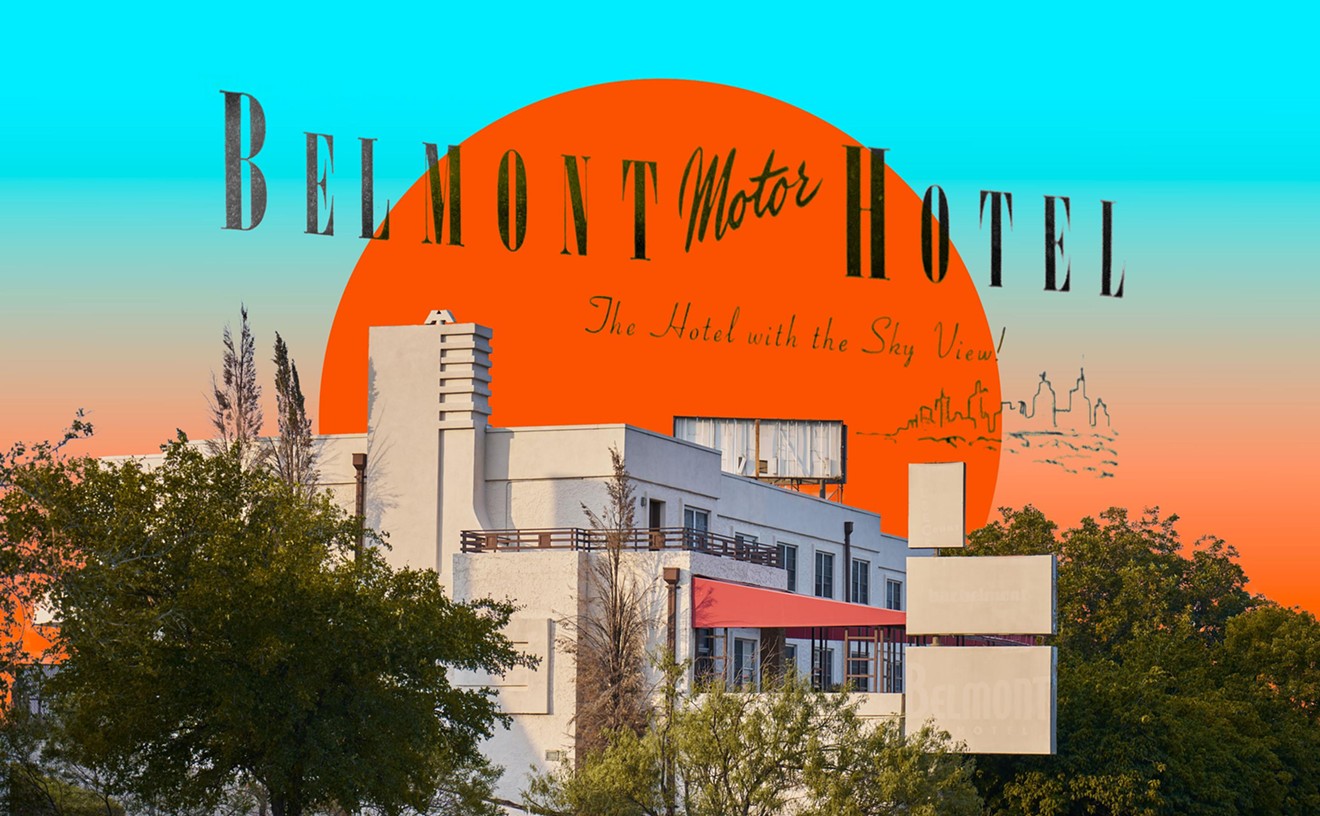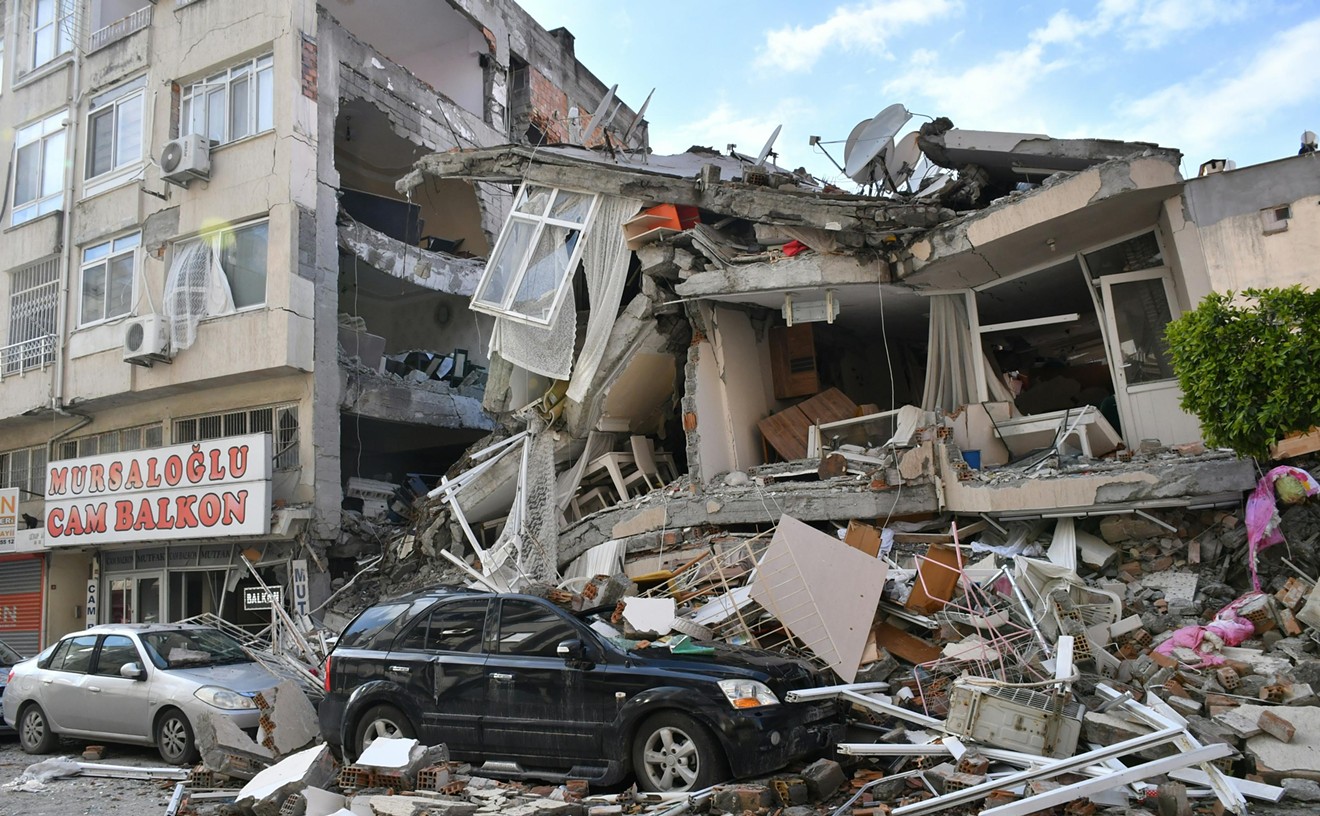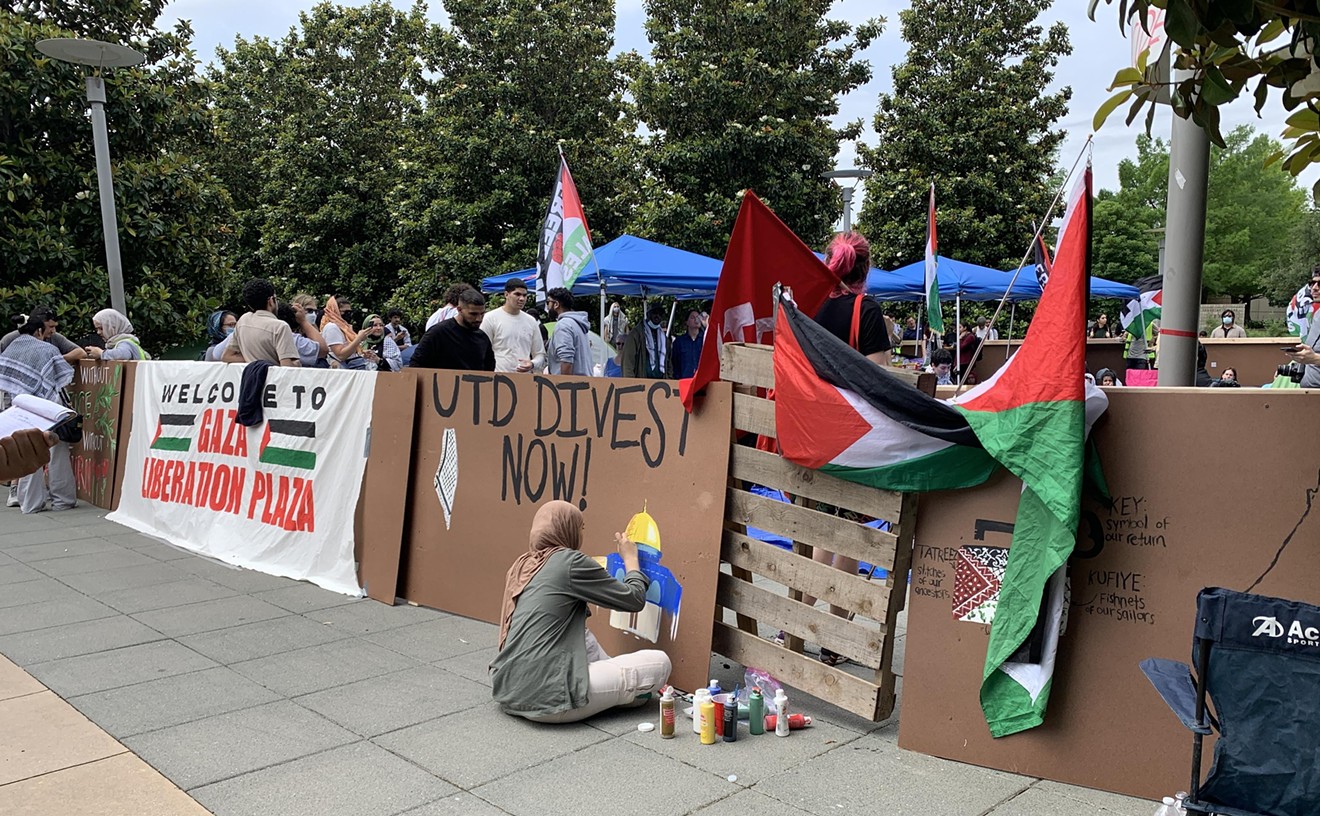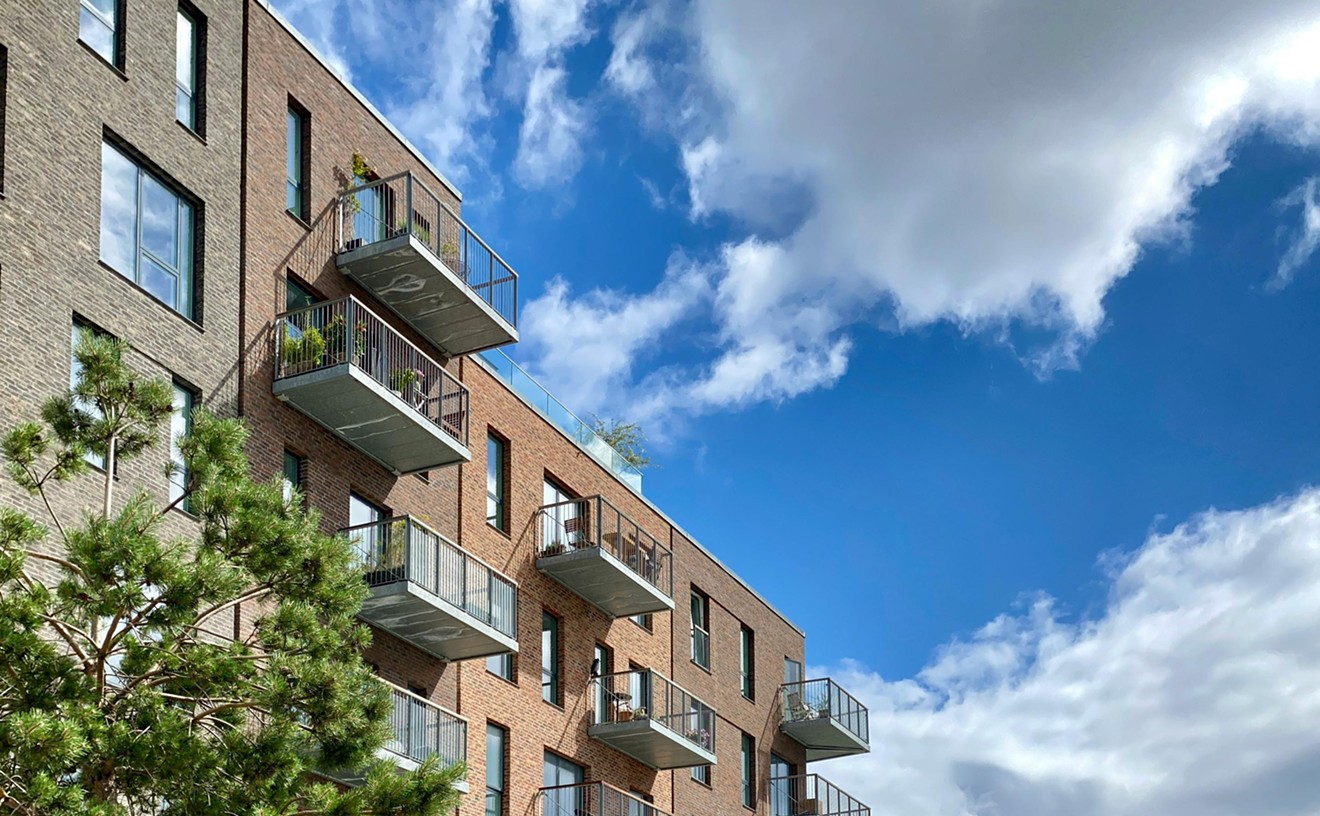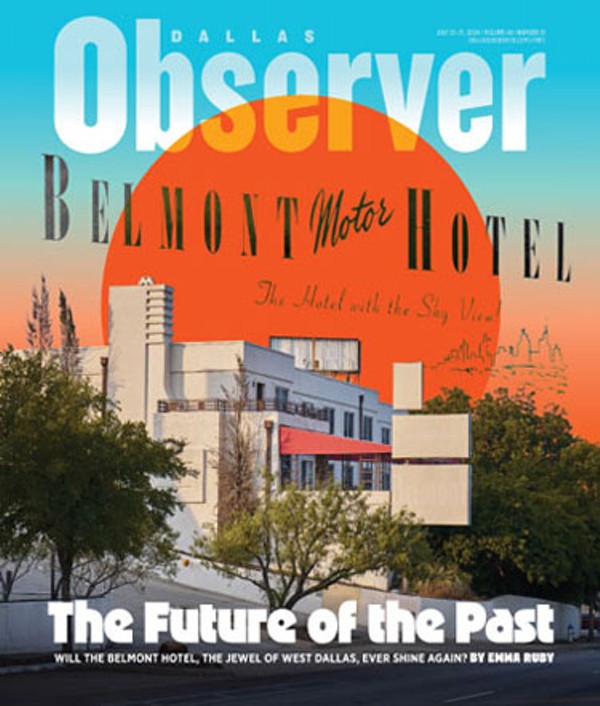Starting next Monday in the Dallas Police Department's South Central Patrol Division, a new kind of team will respond to mental health calls placed to 911. Instead of sending just police officers or paramedics, the city will dispatch a three-person team made up of a specially trained police officer, a specially trained paramedic and a behavioral health specialist from Parkland Hospital. They will evaluate the person about whom the call was made before deciding the best course of action, whether its an immediate emergency response or a referral to a different provider.
The goal of the program, called Rapid Integrated Group Healthcare Team Care, or RIGHT Care, is to make sure the city's resources are allocated in a way that can help the most people, according to its organizers.
"We believe the RIGHT Care program will enhance EMS service delivery overall as ambulance units will be more available to respond to other high-priority EMS calls in a timely fashion," Marshal Isaacs, the medical director of the program, said during a press conference announcing the launch of the event Monday.
According to the Dallas Fire-Rescue Department, the city of Dallas has more than 6,000 residents with mental illness whom the department has identified as "super-utilizers" of emergency services, requiring repeated visits from both Dallas police and emergency personnel. Under current city procedures, a behavioral health call can end up taking two to five hours if officers or EMS personnel have to take someone to jail or the emergency room.
"We want to have avenues to take them to other than Parkland Hospital or Green Oaks, and you have to do that by opening things up and getting buy-in from other agencies and other providers," Dallas fire Chief David Coatney said last month. "This would allow us to transfer [individuals experiencing mental health episodes] to alternatives that address their concerns but don't need to tie up law enforcement or fire resources."
It also means that officers responding to mental health calls will be better prepared for what they might encounter. Over the last several years, local police responding to calls about behavior have killed a number of mentally ill people, including Jason Harrison, who was shot after walking toward police with a screwdriver, and Tony Timpa, an unarmed man who suffered cardiac arrest after allegedly being pinned down for as long as 14 minutes outside a New Fine Arts location on Mockingbird Lane in August 2016. Last month, a Dallas County grand jury indicted two DPD cops for misdemeanor deadly conduct for their roles in Timpa's death.
"The vision for this program is ultimately to provide the best possible service for Dallas residents and others who call 911 with a behavioral health issues," Isaacs told the Dallas City Council Public Safety Committee last month. "We want to make sure that we're providing the best cutting-edge care, but right behind that goal is to make sure our firefighters, our paramedics and our police officers are safe in their response and that there's a good outcome for both our patient and our first responders."
The program, which will roll out citywide during 2018 and continue through 2020, is funded with a $3 million grant from the W.W. Caruth Jr. Foundation.
[
{
"name": "Air - MediumRectangle - Inline Content - Mobile Display Size",
"component": "18855504",
"insertPoint": "2",
"requiredCountToDisplay": "2",
"watchElement": ".fdn-content-body",
"astAdList": [
{
"adType": "rectangle",
"displayTargets": "mobile"
}
]
},{
"name": "Editor Picks",
"component": "17105533",
"insertPoint": "4",
"requiredCountToDisplay": "1",
"watchElement": ".fdn-content-body",
"astAdList": [
{
"adType": "rectangle",
"displayTargets": "desktop|tablet"
},{
"adType": "rectangle",
"displayTargets": "desktop|tablet|mobile"
}
]
},{
"name": "Inline Links",
"component": "18349797",
"insertPoint": "8th",
"startingPoint": 8,
"requiredCountToDisplay": "7",
"maxInsertions": 25
},{
"name": "Air - MediumRectangle - Combo - Inline Content",
"component": "17105532",
"insertPoint": "8th",
"startingPoint": 8,
"requiredCountToDisplay": "7",
"maxInsertions": 25,
"watchElement": ".fdn-content-body",
"astAdList": [
{
"adType": "rectangle",
"displayTargets": "desktop|tablet"
},{
"adType": "rectangle",
"displayTargets": "desktop|tablet|mobile"
}
]
},{
"name": "Inline Links",
"component": "18349797",
"insertPoint": "8th",
"startingPoint": 12,
"requiredCountToDisplay": "11",
"maxInsertions": 25
},{
"name": "Air - Leaderboard Tower - Combo - Inline Content",
"component": "17105535",
"insertPoint": "8th",
"startingPoint": 12,
"requiredCountToDisplay": "11",
"maxInsertions": 25,
"watchElement": ".fdn-content-body",
"astAdList": [
{
"adType": "leaderboardInlineContent",
"displayTargets": "desktop|tablet"
},{
"adType": "tower",
"displayTargets": "mobile"
}
]
}
]

